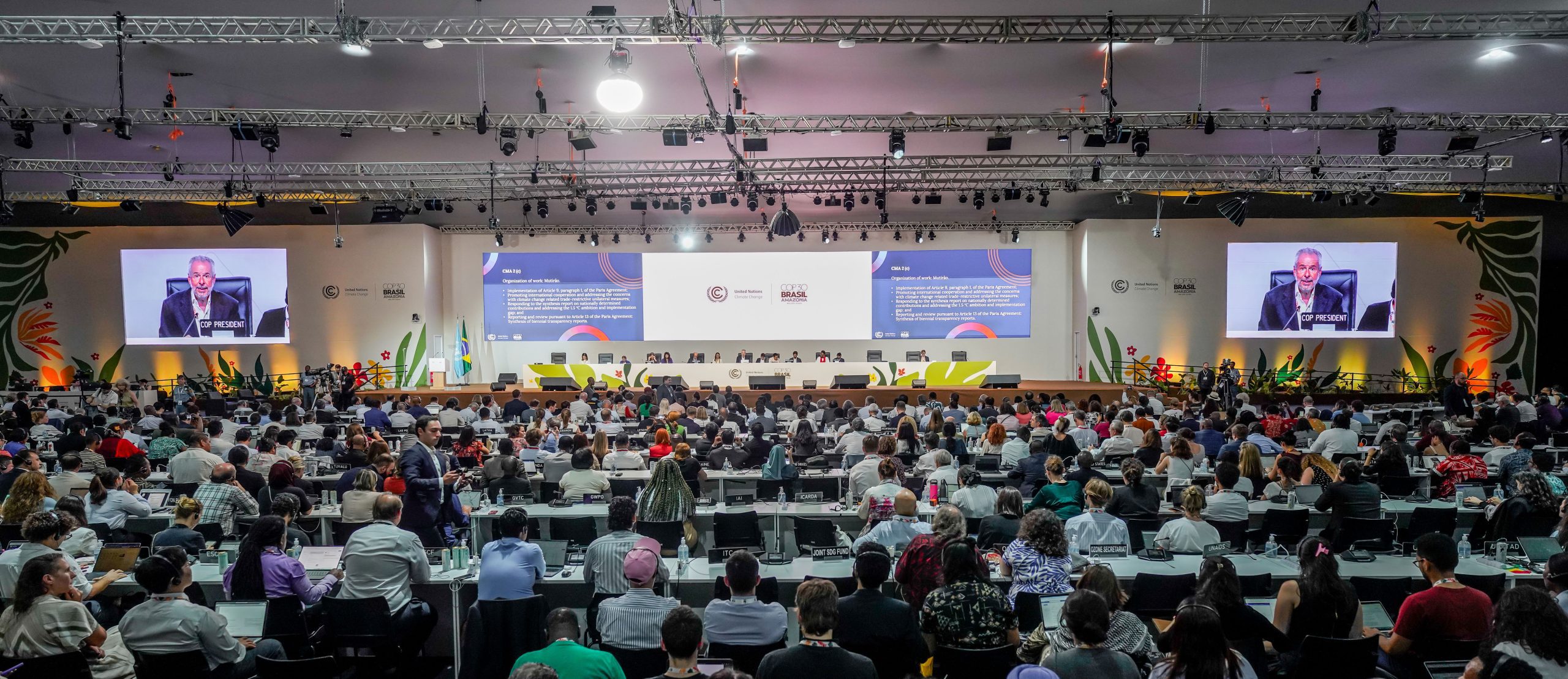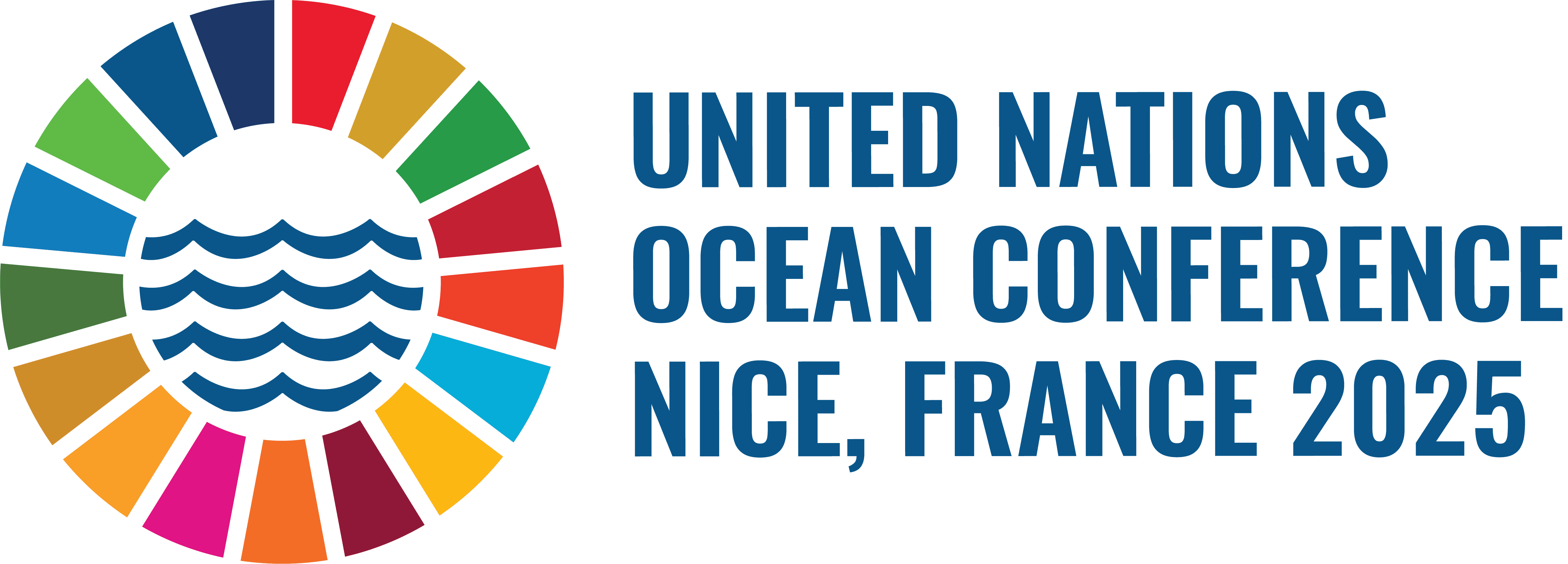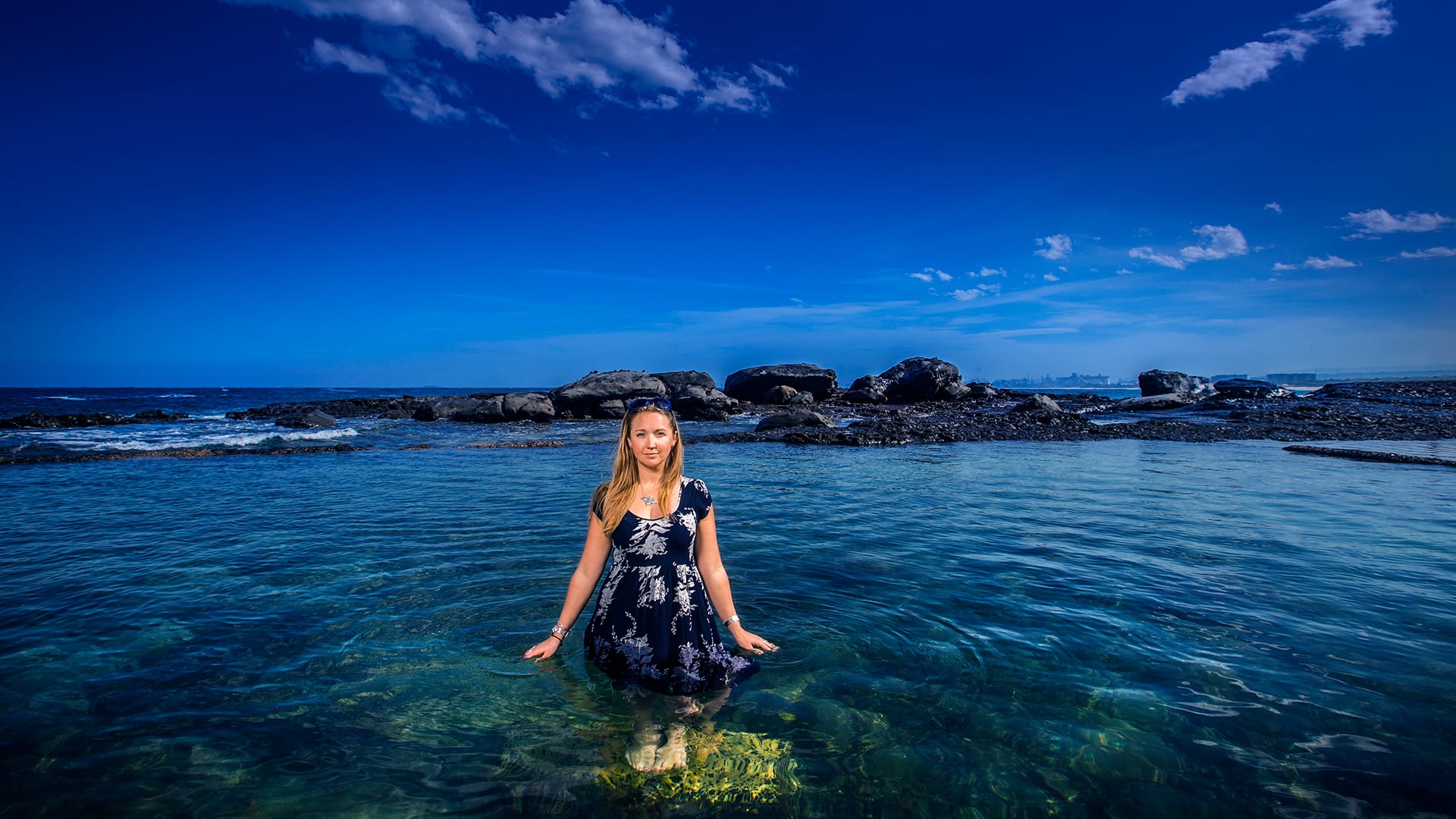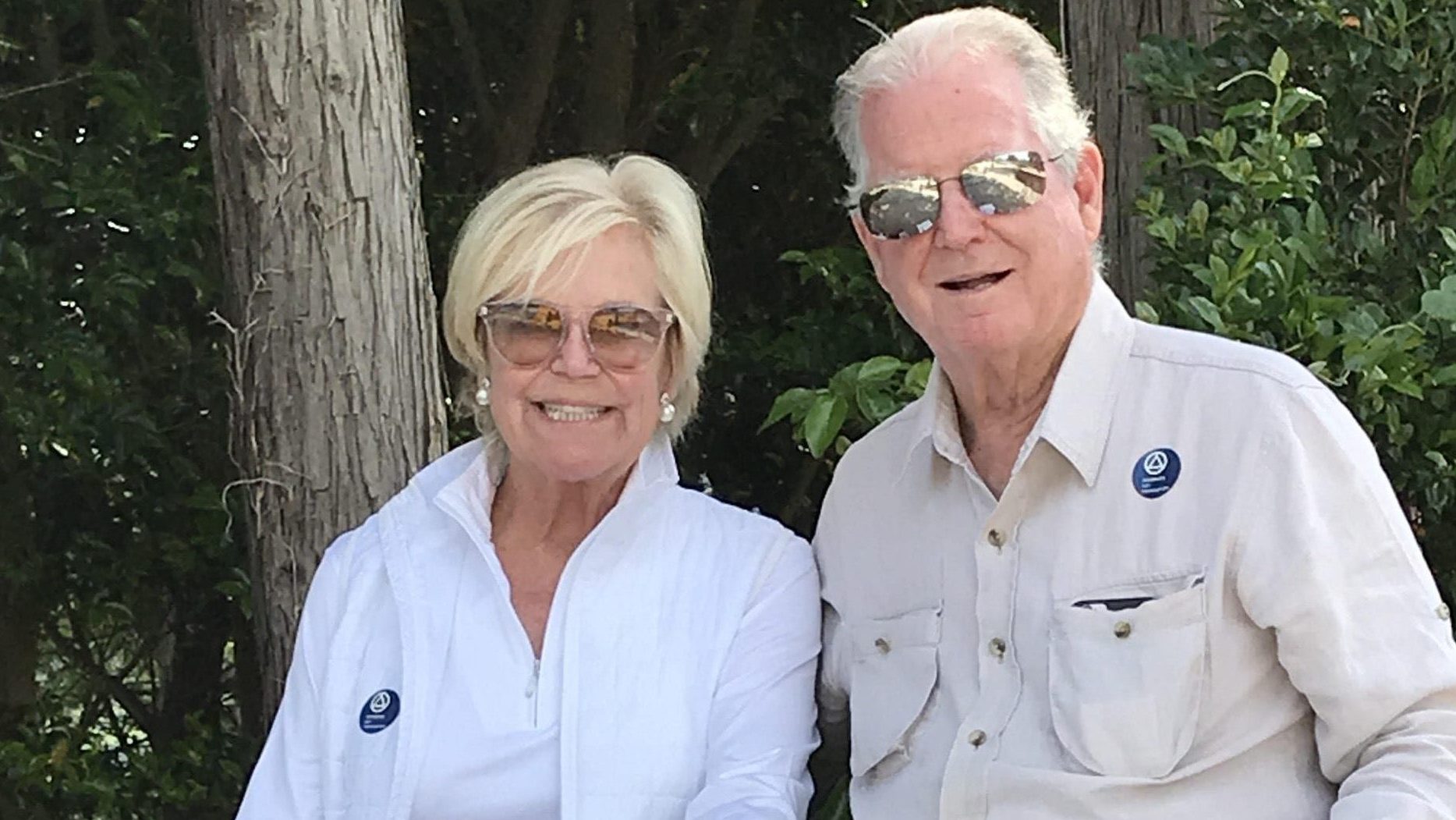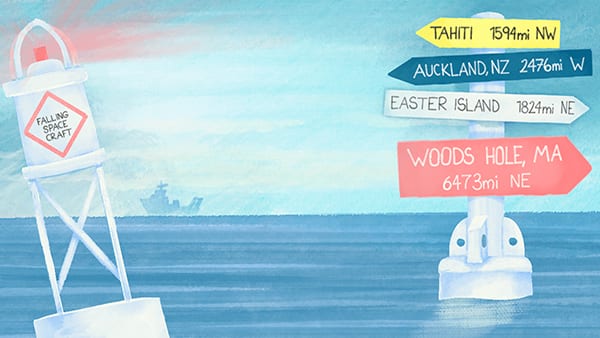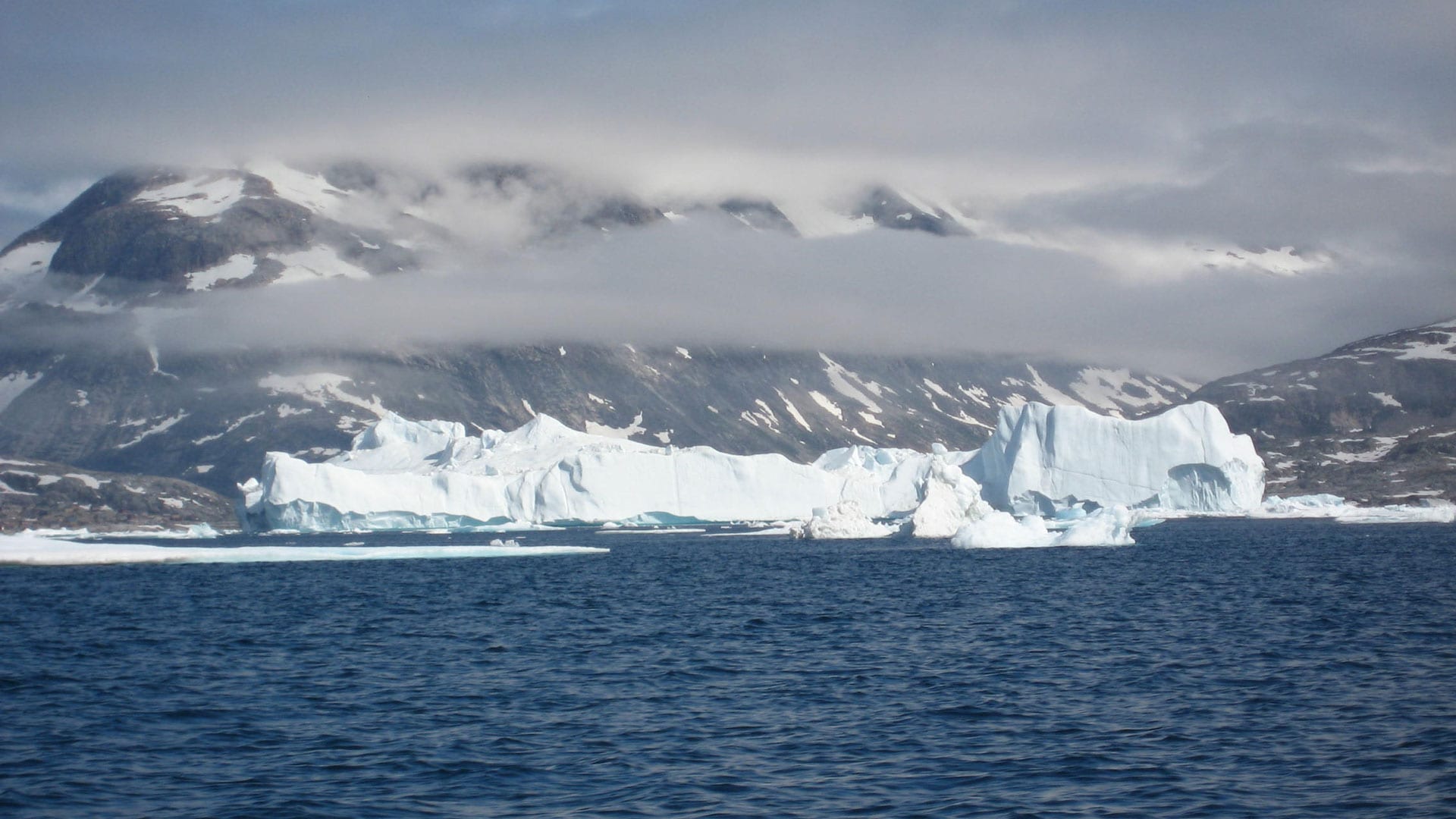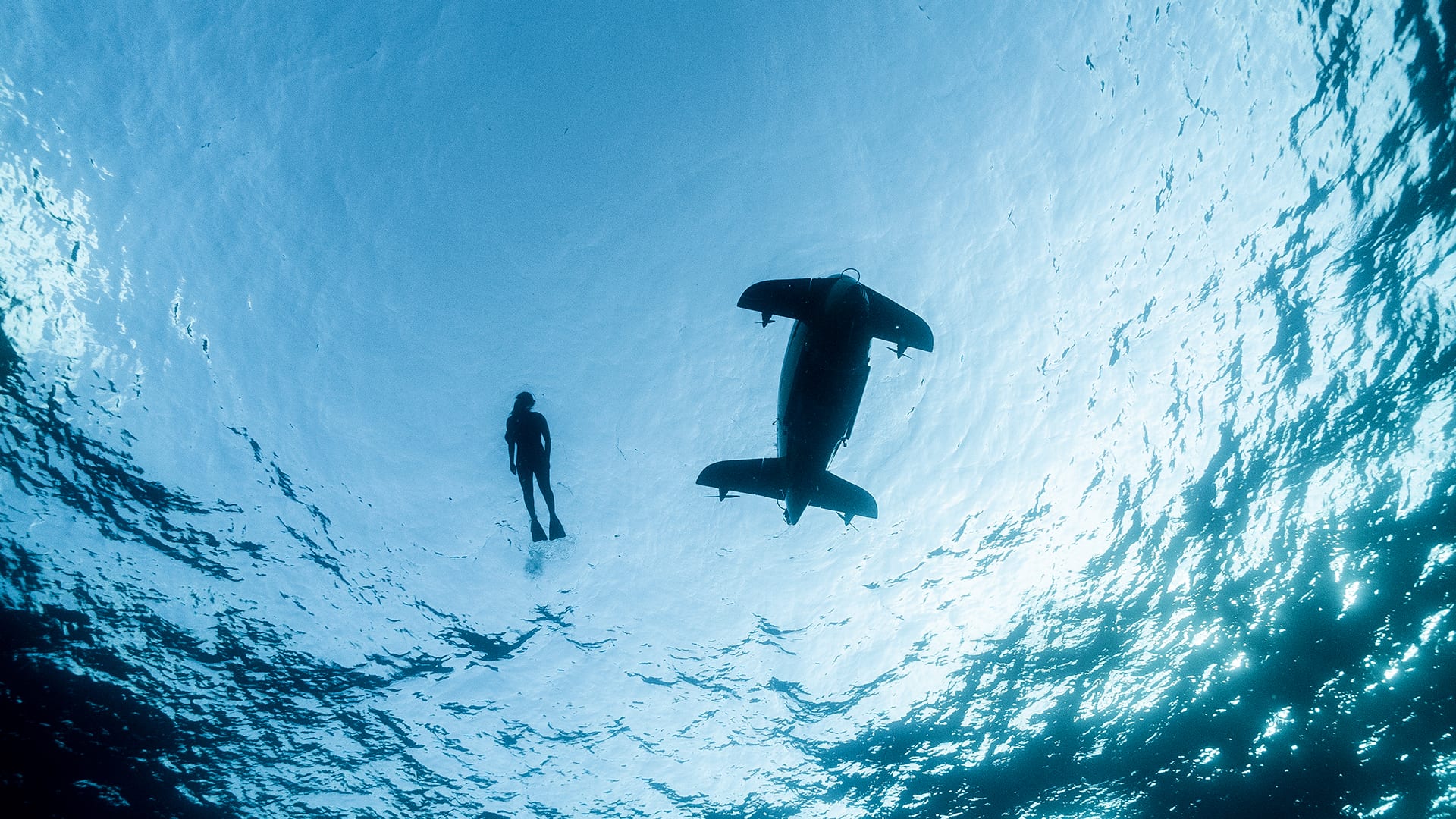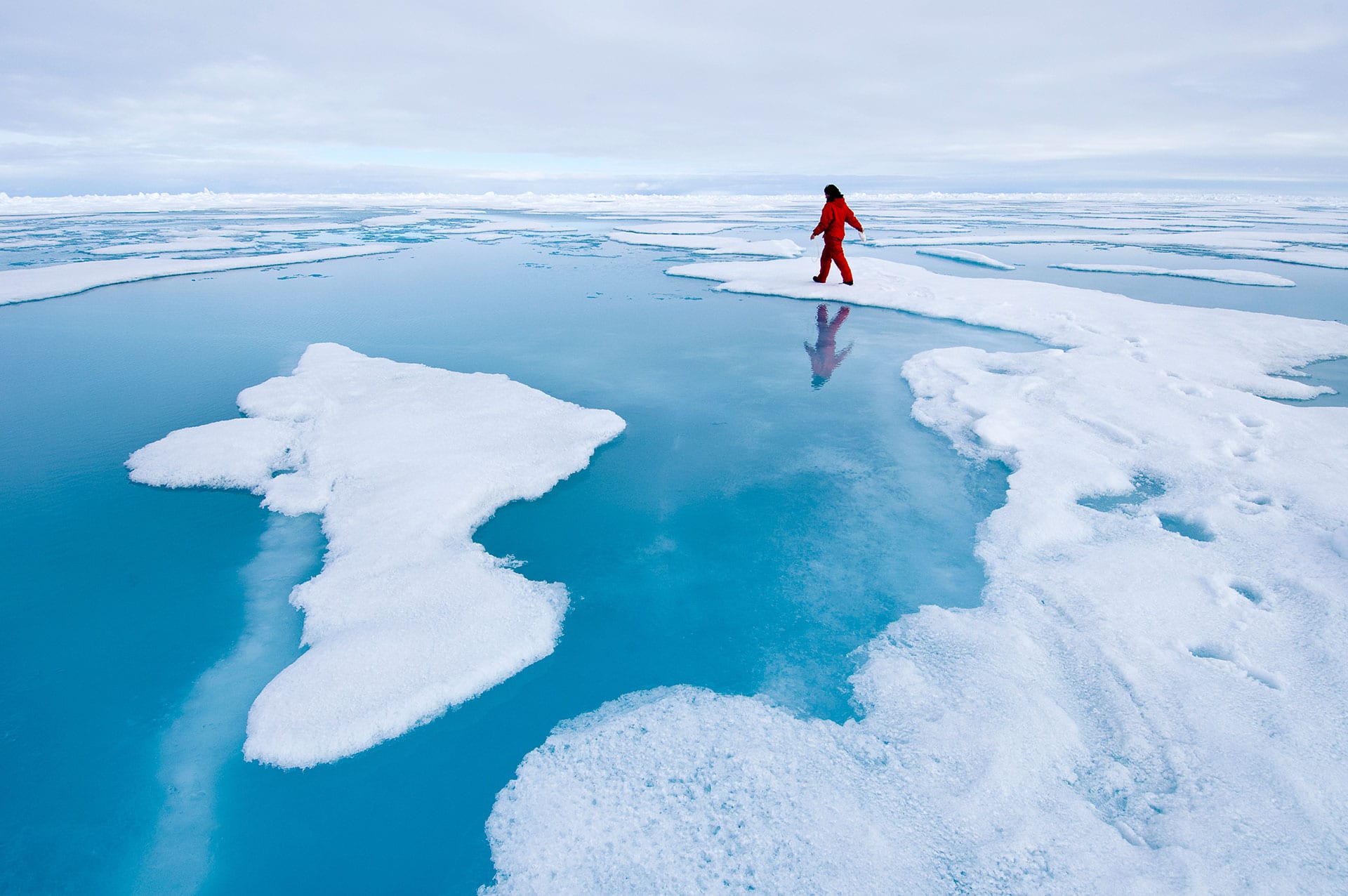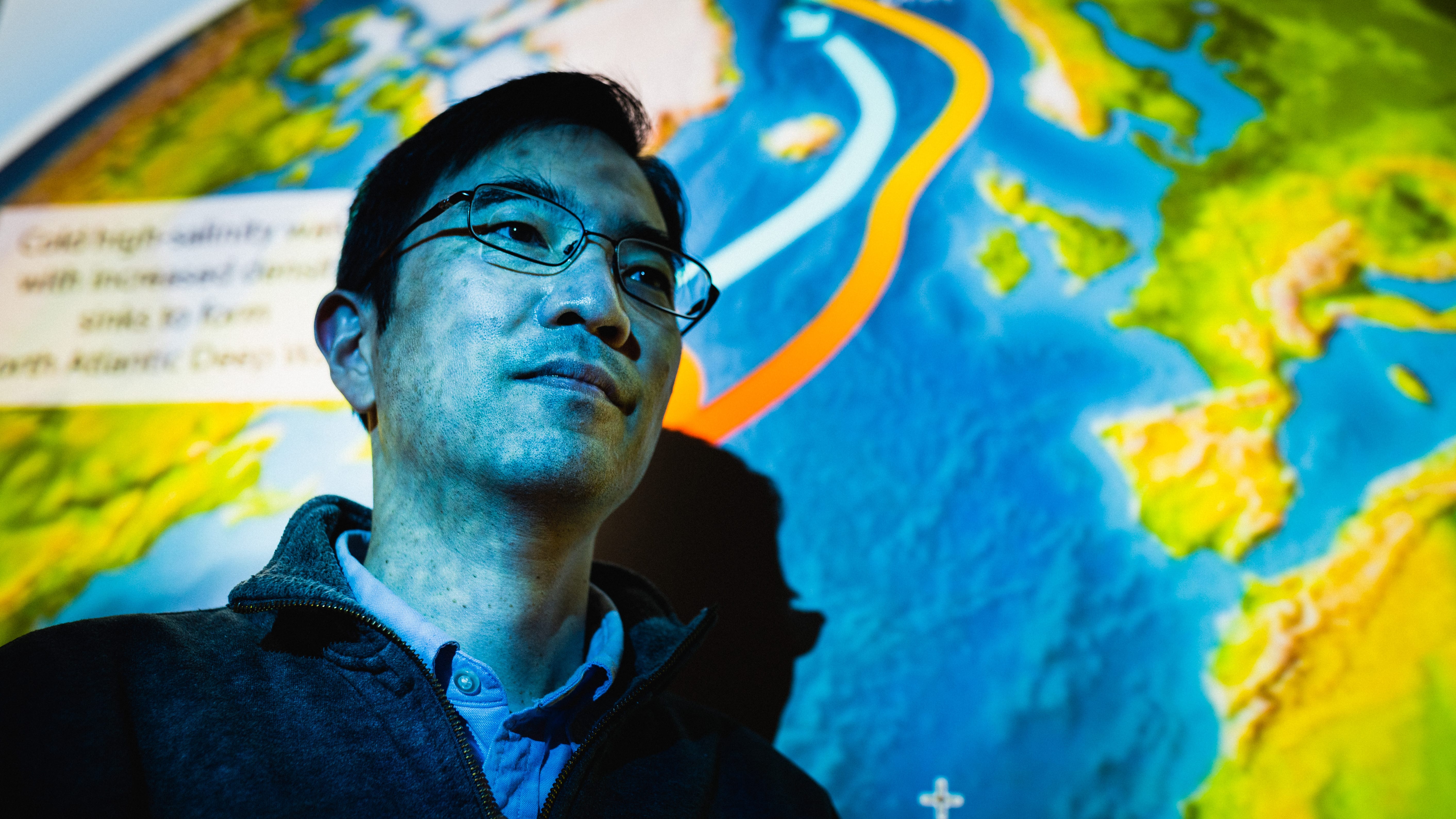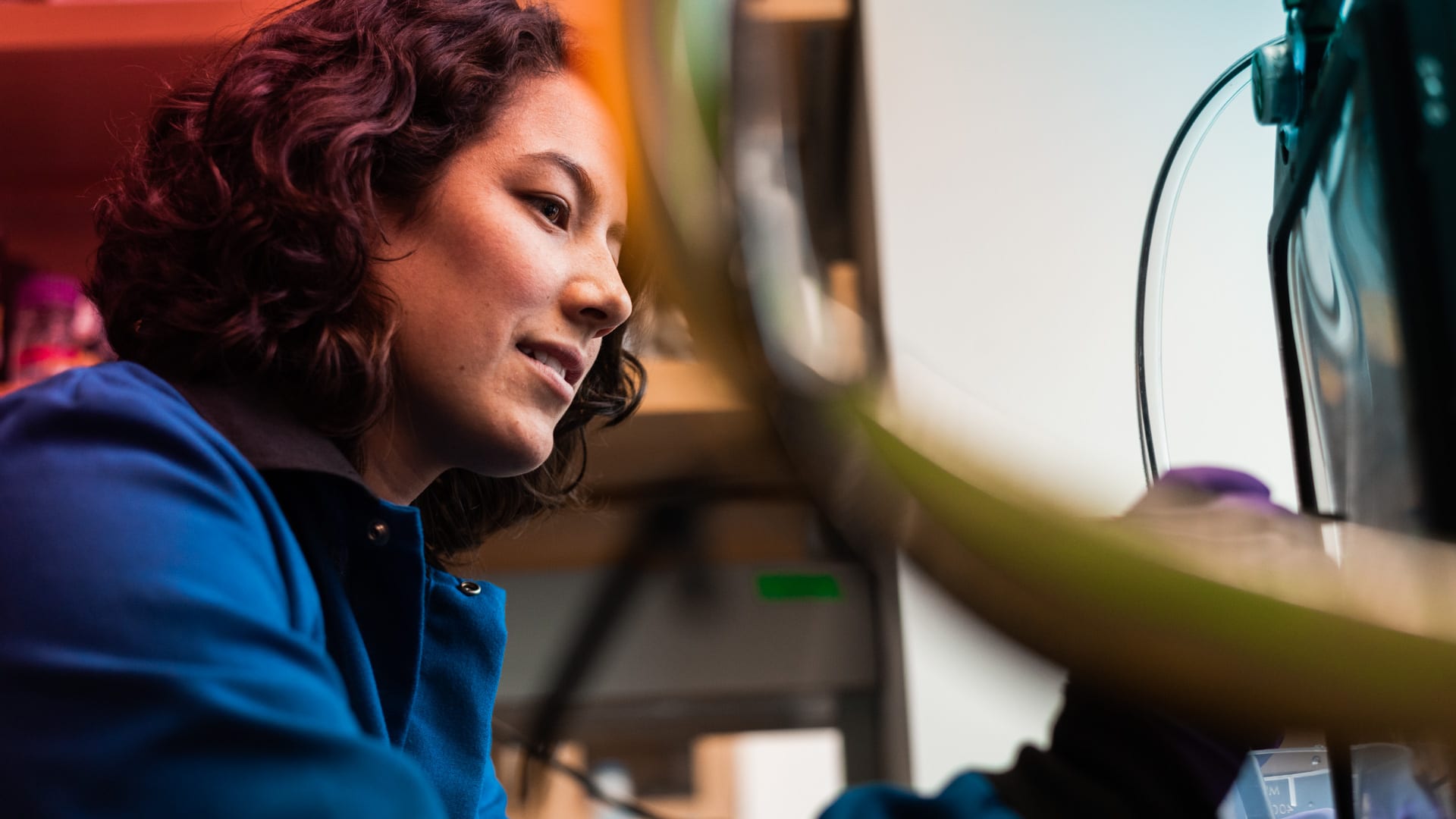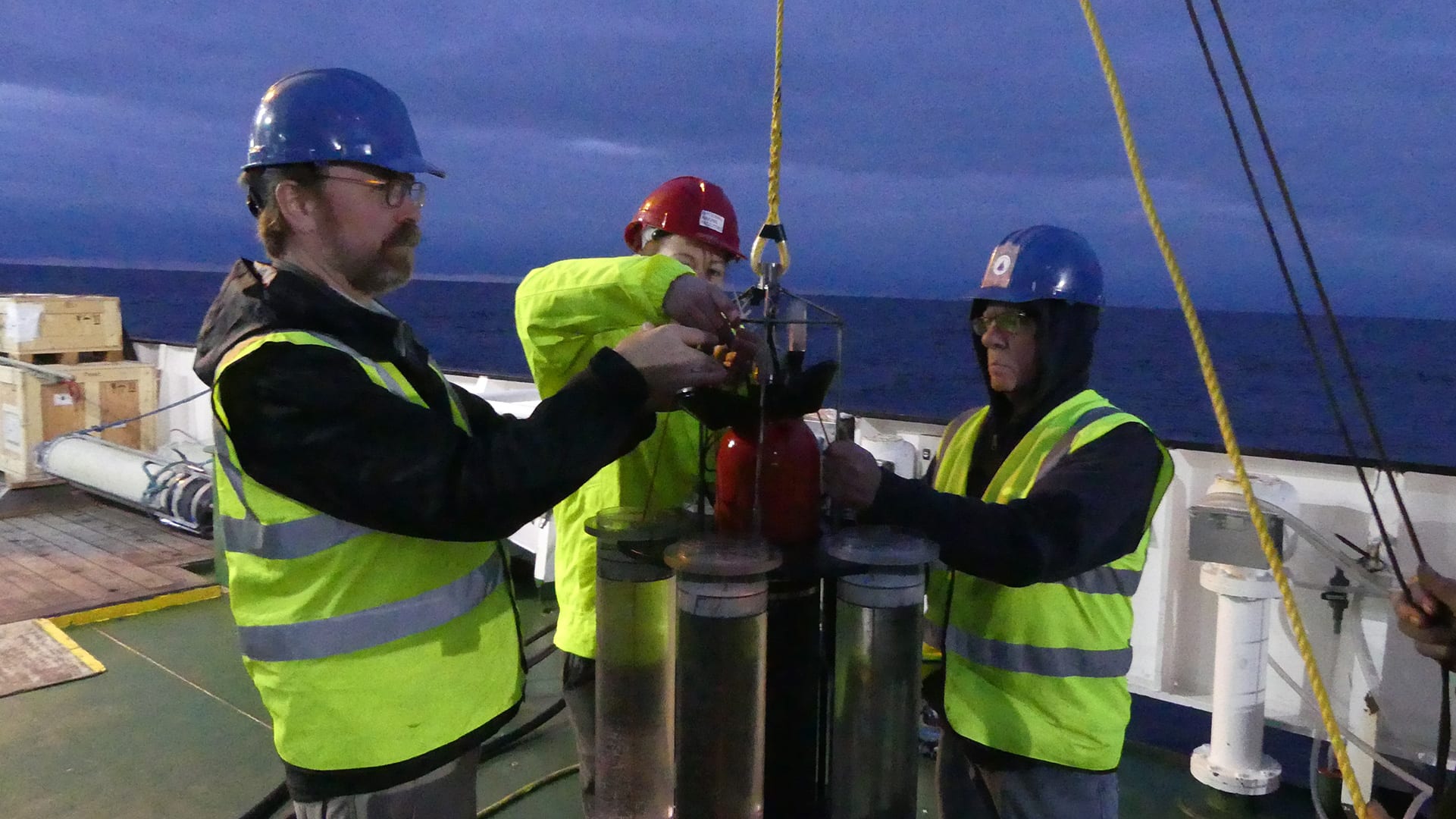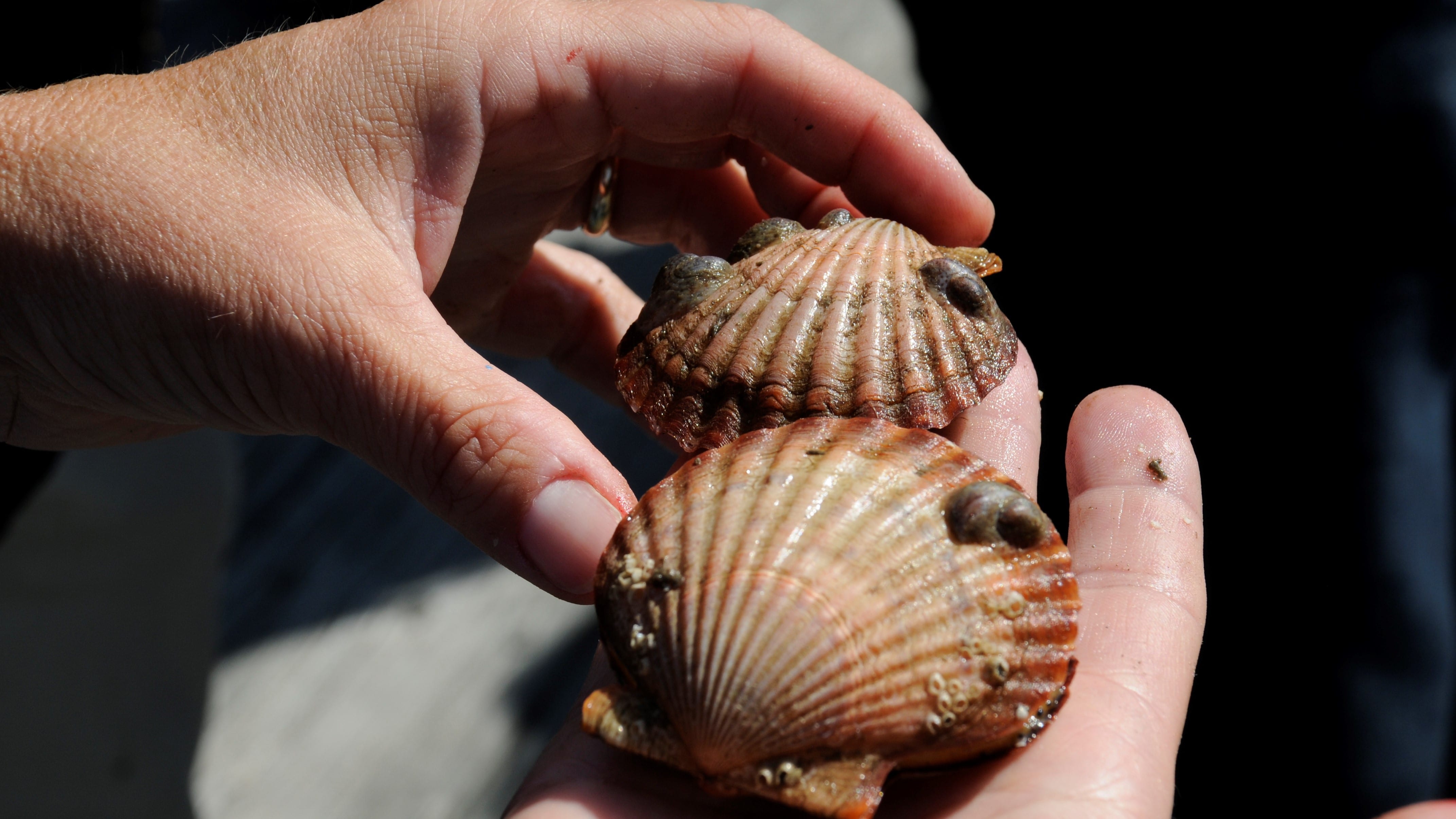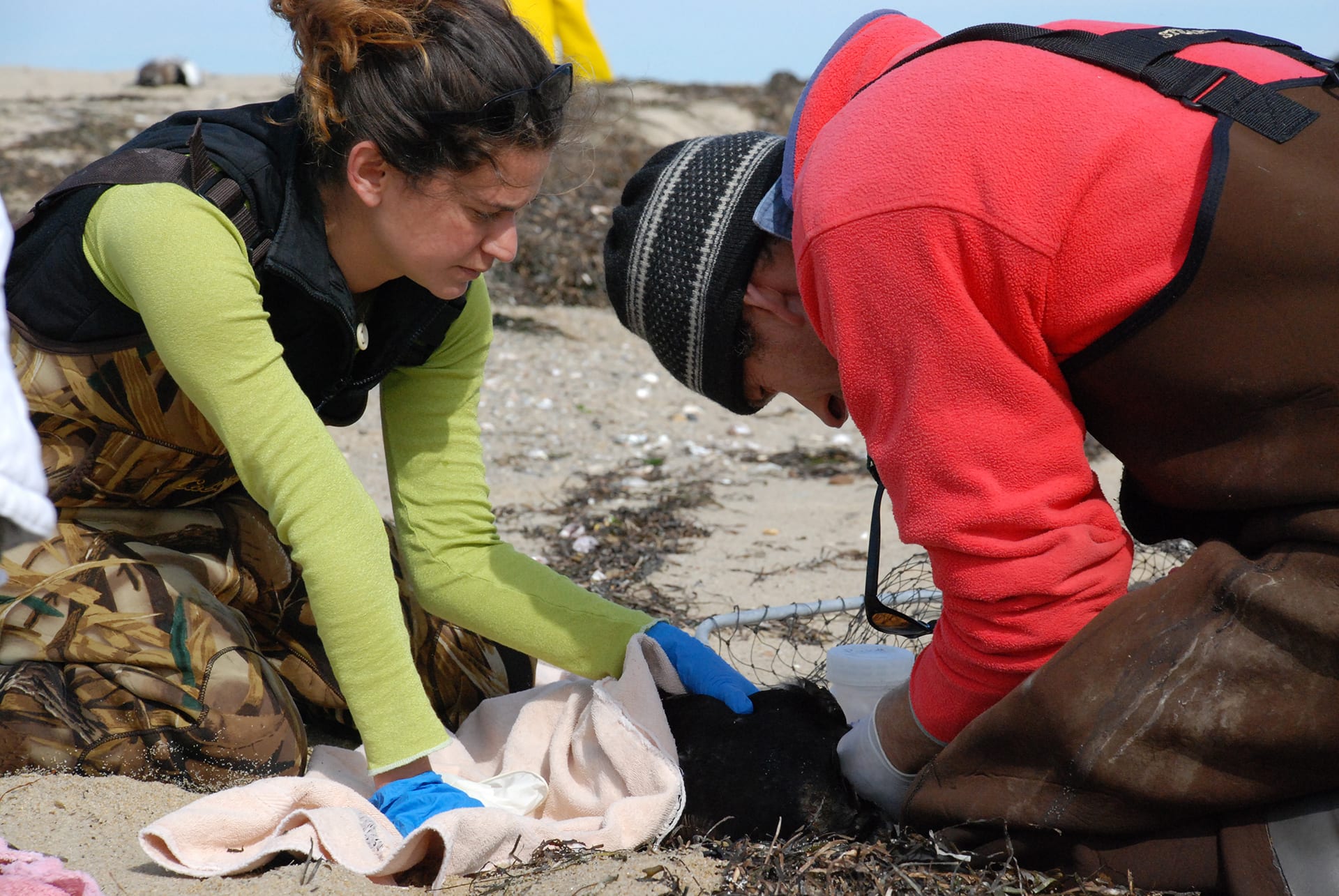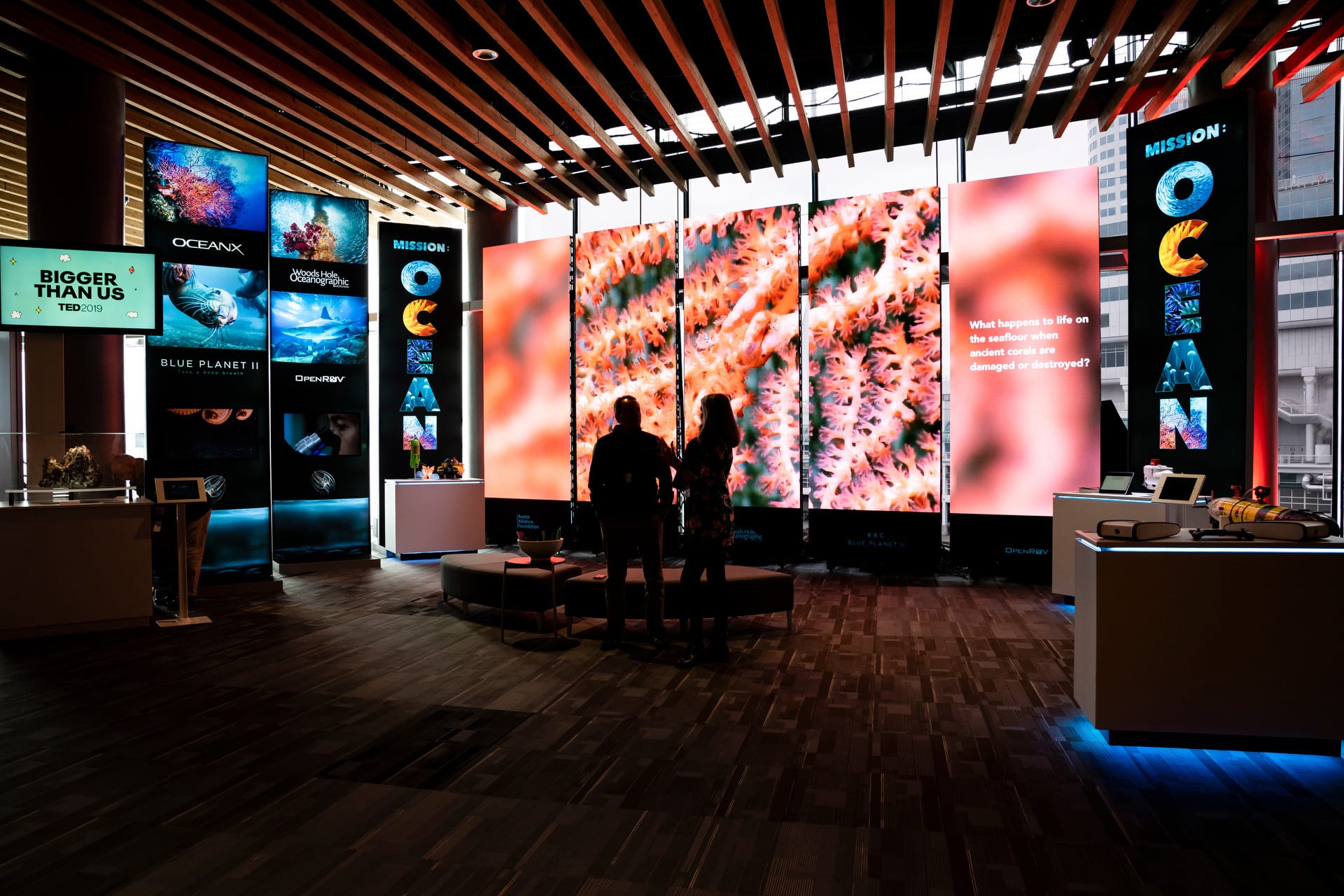News & Insights
COP30 Ocean Pavilion wrap-up
André Corrêa do Lago, the President of COP30, addresses the closing plenary on the final day of negotiations in Belém. Photo by Antonio Scorza/COP30 No matter what anyone says about…
Read MoreWHOI at the UN Ocean Conference—Nice, France
The United Nations Ocean Conference is a pivotal moment to drive international cooperation and collaboration in order to protect our ocean from the many compounding threats it faces today. The…
Read MoreHarriet Harden-Davies is on the frontlines of ocean policy
Harriet Harden-Davies has spent more than 10 years working in the marine policy arena and is now aiding in major U.N. negotiations on laws governing the high seas
Read MoreConvergence Accelerator could help to meet “An Ocean of Need”
Innovative National Science Foundation program aims to address major ocean-related societal issues
Read MoreGift enables new investments in ocean technologies
A grant from the Coleman and Susan Burke Foundation has allowed WHOI to make crucial investments in remote technology that enhance research innovation at sea. New video monitors aboard the R/V Neil Armstrong will allow scientists and crew to video conference throughout the ship or with colleagues on shore. The Burke Foundation also funded three projects making use of novel data streams from the Ocean Observatories Initiative and field test a wave-powered platform that enables remote communications with autonomous underwater vehicles.
Read MoreMining ancient dust from the ocean’s loneliest spot
Researchers investigate dust from the ocean’s farthest point from land to reconstruct the climactic history of the Southern Hemisphere, and understand how micronutrients have influenced biological productivity in this oceanic desert.
Read MoreNorth Atlantic Ocean yields clues for better weather predictions
Findings of a new study investigating the interactions between the North Atlantic Ocean and the atmosphere will lead to more attention to how the ocean can be an important source of predictability in weather and climate.
Read MoreSeven ocean explorers you should know about
June 8th is World Oceans Day, but we’re celebrating the big ole blue all month-long. But, before you post those Cousteau quotes, that inspiring Sylvia Earle documentary, or talk about those neat expeditions by James Cameron, we’d like to present you with five ocean explorers you may not have heard of.
Read MoreOceans of Change
Oceans of Change WHOI scientists learn how the ocean shapes—and is shaped by—global climate By Madeline Drexler (Photo by Simon Buchou on Unsplash) “THE SEA NEVER CHANGES, AND ITS WORKS,…
Read MoreThe future of the ocean’s conveyor belt
WHOI scientist Young-Oh Kwon discusses the state of the AMOC—the crucial North Atlantic current that regulates our planet’s climate.
Read MoreKalina Grabb studies some of the ocean’s most reactive chemicals
A marine geochemist discusses her passion for coral reefs, how volatile compounds in the ocean affect their health, and a new type of sensor that is shedding light on these interactions.
Read MoreThe Ocean Twilight Zone’s crucial carbon pump
When CO₂ enters the ocean, where does this heat-trapping gas go? WHOI geochemist investigates how much carbon from the surface ocean is dispatched to the ocean twilight zone–the midlayer of the ocean–and on to the deep ocean.
Read MoreOcean acidification gets a watchful eye in New England aquaculture ‘hot spot’
Shellfish aquaculture is thriving in New England, but future growth in the industry could be stunted as coastal waters in the region become more acidic. Researchers at WHOI have developed a way to link nutrient load reductions to improvements in the health of Buzzards Bay, Massachusetts, which may an important step toward cleaner and less acidic harbors in the Baystate.
Read MoreGlobal Oceans and the Extinction Crisis
WHOI marine biologists Michael Moore and Andrea Bogomolni weigh in on a new United Nations science report suggesting that over one million species are at risk of extinction.
Read MoreWHOI Collaborates on a “Bigger Than Us” Mission for the Ocean at TED2019
WHOI Deep Submergence Laboratory director Andy Bowen and BBC Blue Planet II producer Orla Doherty talk at the Mission:Ocean exhibit at the TED 2019 annual conference in Vancouver. The immersive…
Read MoreDeep Sea Challenge: Innovative Partnerships in Ocean Observing
Dr. Susan K. Avery, President and Director Woods Hole Oceanographic Institution June 11, 2013 – Written testimony presented to the U.S. Senate Committee on Commerce, Science, and Transportation Subcommittee on…
Read MoreOversight Hearing on “Ocean Science and Data Limits in a Time of Crisis: Do NOAA and the Fish and Wildlife Service (FWS) have the Resources to Respond?”
June 15, 2010 Christopher M. Reddy, Ph.D., Associate Scientist, Marine Chemistry & Geochemistry, Woods Hole Oceanographic Institution June 15th, 2010—Subcommittee on Insular Affairs, Oceans, and Wildlife Committee on Natural Resources…
Read MoreThe Federal Ocean Acidification Research and Monitoring Act: H.R. 4174
Scott Doney, Senior Scientist Marine Chemistry & Geochemistry Department Woods Hole Oceanographic Institution June 5, 2008 Introduction Good morning Chairman Lampson, Ranking Member Inglis and members of the Subcommittee. Thank…
Read MoreEffects of Climate Change and Ocean Acidification on Living Marine Resources
Scott Doney, Senior Scientist Marine Chemistry & Geochemistry Department Woods Hole Oceanographic Institution May 10, 2007 Introduction Good morning Madame Chair, Ranking Member Snowe and members of the Subcommittee. Thank…
Read More
